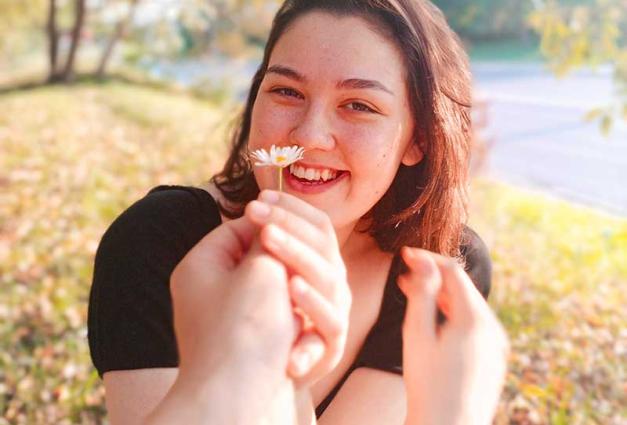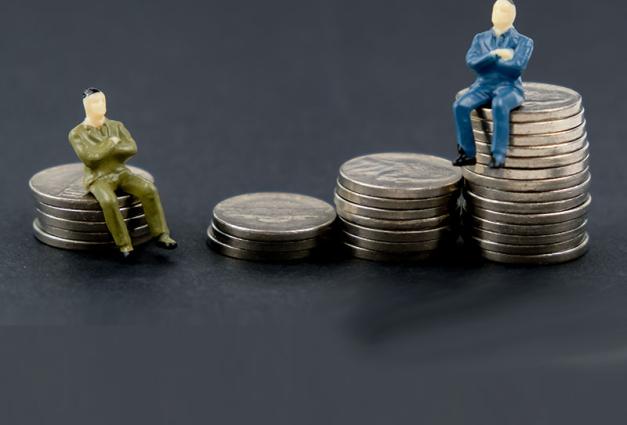Before dawn on April 25, I was standing in the driveway of my sister’s house, on the southeast coast of Australia, with my sister and her husband. The neighbours were out too, standing in their own driveway, and down the road we could see other households as well, marked in the dark by the lone candles they had lit. My brother-in-law brought out a speaker, and at 6 am he played “The Last Post,” a bugle call similar to “Taps.” We stood for a minute of silence, interrupted by a car rumbling past and cut short by an ad playing on the radio.
The pandemic has introduced us to new rituals—such as applauding health care workers in the evening—but this fledgling driveway ritual was built on an old one. April 25 is Anzac Day in Australia, a day for commemorating Australians lost in war. (Anzac stands for the Australian and New Zealand Army Corps, and April 25, 1915 was when they engaged in an ill-fated campaign at Gallipoli, Turkey.)
This year, in-person Anzac Day memorial services were cancelled due to the COVID-19 pandemic. But an alternative quickly sprung up as veterans’ organizations and volunteers rallied to encourage people to “Light up the Dawn” by holding a commemorative service in their driveways.
For me, it wasn’t just the facts of the ritual that got me out of bed that morning, to drink my coffee in the pre-dawn chill and count candles down the road. I have also had an long-time academic interest in war commemorations, and last year—it feels like a lifetime ago!—Bernhard Leidner and I surveyed people in Australia and the U.S. about their experiences on commemorative days. How do people feel about their country’s loss of life during war on these days? And what about the broader social effects: Do commemorations prompt militaristic attitudes, as some have worried, because they shallowly glorify war? Or do they prompt greater pacifism because—as the saying goes—those who forget history are doomed to repeat it?
With the help of colleagues in France and Germany, we also surveyed people in the U.K., France, Australia, and the U.S. on November 11, and in Germany on Volkstrauertag. But I’ll focus here on the results from the U.S. on Memorial Day and Veterans Day.
We surveyed a group of people a week or two before the commemorative day, and then asked these same people the same questions on the commemorative day, and compared the responses. How do people feel when thinking about U.S. loss of life in war—sad, proud, grateful, admiring, anxious, angry? We also asked their opinions about two contemporary conflicts: the conflict over Iran’s nuclear program, and the conflict over China’s maneuvers in the South China Sea. Would Memorial Day and Veterans Day influence what people thought of proposed diplomatic and military solutions to these conflicts?
What we found: First, participants reported feeling more gratitude, pride, awe, and admiration when thinking about loss of life in war on commemorative days than when they were asked at baseline. In other words, commemorations move people.
Other findings were more surprising to us. On Veterans Day and Memorial Day, people reported greater support for diplomatic solutions to U.S. conflicts with Iran and China than they did a week or two earlier. Overall, support for diplomatic solutions was higher than support for military solutions, and support for military solutions remained low on Veterans Day and Memorial Day. Our results do not support the idea that commemorations make people more hawkish.
Further, on commemorative days U.S. participants tended to feel more concerned about the military, and this sentiment was related to the increase in support for diplomatic solutions to conflict. Previous research has usually suggested that anti-military attitudes are associated with concern for outgroup lives, arguing that people oppose war out of concern for civilians in the enemy country. To be clear, our results support this established pathway to peace: Participants in our study who in general expressed concern about the effect of war on outgroup civilians were also more likely to support diplomatic solutions and less likely to support military solutions. But, concern for ingroup lives can also be linked to support for diplomacy in the context of war commemorations, when we’re remembering the sacrifices made by our fellow citizens.
There are still many questions remaining, not least about how these effects differ across countries. We found greater support for diplomatic solutions to the Iran conflict on Remembrance Day in the U.K., but not in France and Germany. And in Australia, we found the same effect on Remembrance Day but not on Anzac Day. The inconsistencies are not terribly surprising given national differences in history and in the meaning of particular celebrations. But they mean that we should be cautious in the conclusions we draw about war commemorations. These findings may not apply outside the U.S. Even within the U.S., we need to understand how reactions to Memorial Day and Veterans Day may differ across people depending on their attitudes, experiences, personalities, and ages. And, I should note that our article reporting these studies is not yet published in a peer-reviewed journal.
This year, during our early morning Anzac Day ritual, I reflected on what it means to “unite” as we were standing so many meters apart, along the road, separated by social distancing rules but brought together by the idea of remembrance. We were there to remember the fallen heroes of the past, but I was also thinking of those who are on the current, metaphorical “front lines” in hospitals and clinics around the country. This year, Americans on Memorial Day may not only be thinking about diplomacy and military conflict, but also wrestling with the medical battles being fought within their country. But the sentiment “Thank you for your service” remains as relevant as ever.
For Further Reading
Paez, D., & Liu, J. H. (2011). Collective memory of conflicts. Intergroup conflicts and their resolution: A social psychological perspective, 105-124.
Amble, J. (2015). How we commemorate Memorial Day. Commentary published in War on the Rocks, May 25, 2015.
Hanne M Watkins studied war commemorations during her Postdoctoral Research Fellowship at the University of Massachusetts Amherst. This work was funded and supported by the UMass Psychology of Peace and Violence Program. She is currently an Adviser with the Behavioural Economics Team of the Australian Government.




